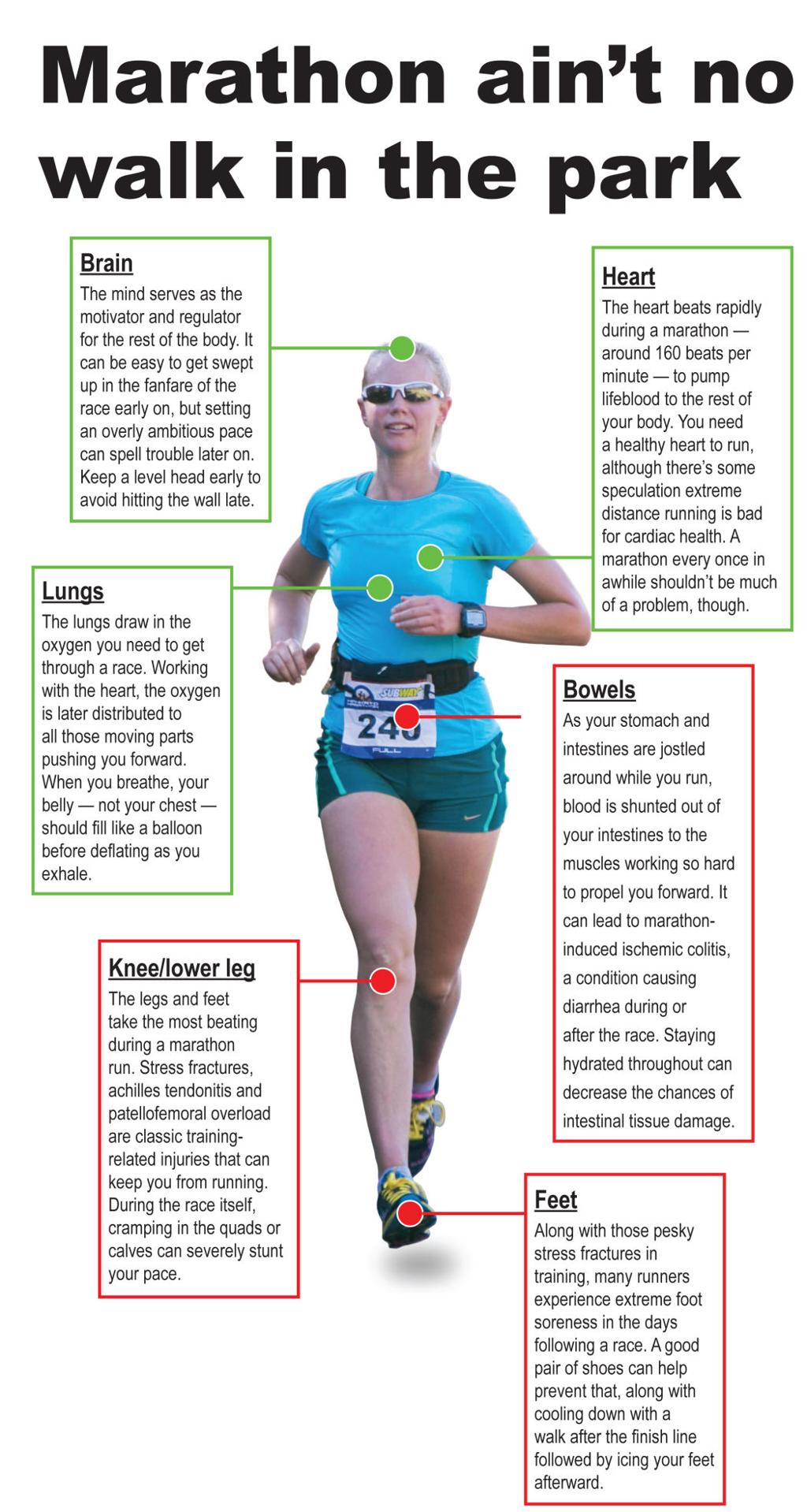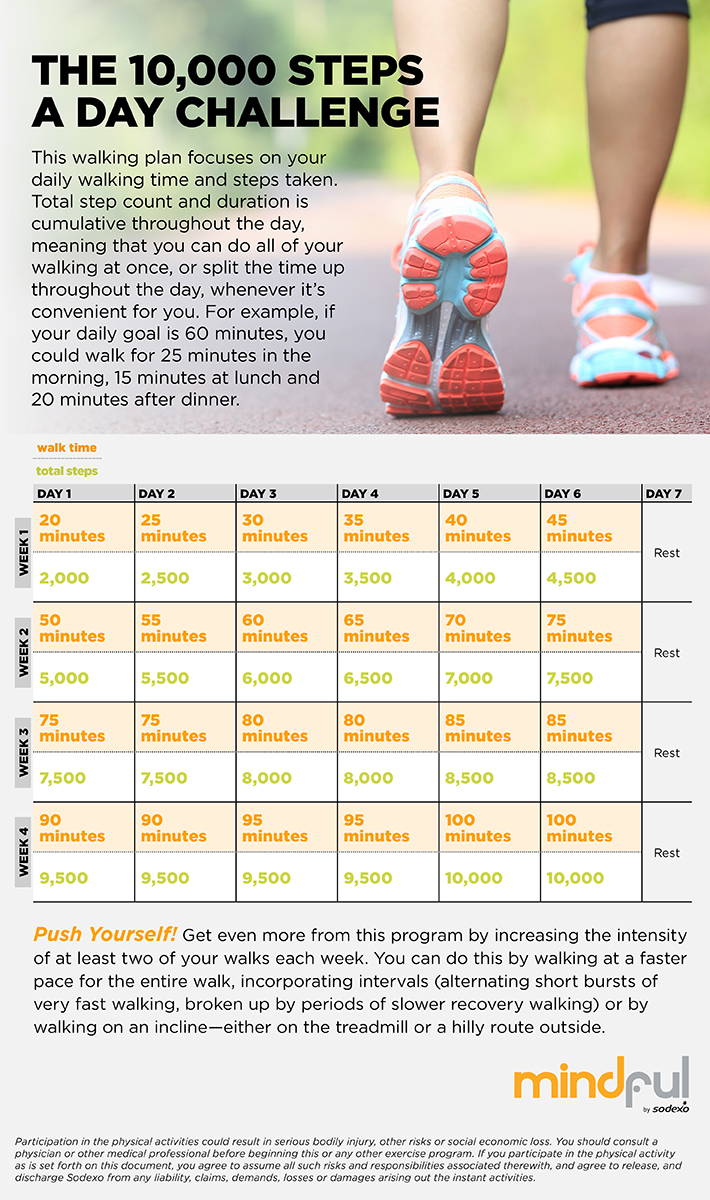Is It Bad to Run a Marathon
Running a marathon can have both positive and negative effects on your body and overall health.
The Physical Impacts
When it comes to running a marathon, the physical impacts are a crucial consideration. While it offers numerous health benefits, the intense training and strenuous event can also have adverse effects on the body. In this blog post, we will explore the physical impacts of running a marathon, with a focus on the effects on joints and bones and cardiovascular stress.
Effects On Joints And Bones
Running a marathon exerts significant pressure on the body, particularly the joints and bones. The repetitive impact of running can lead to wear and tear on the joints, increasing the risk of joint pain and injuries. The prolonged stress on the bones can also contribute to stress fractures and weakening of the bone structure.
Cardiovascular Stress
The cardiovascular system undergoes immense strain during a marathon. The sustained physical exertion leads to an increase in heart rate, blood pressure, and cardiac output. While the short-term effect may enhance cardiovascular fitness, the prolonged stress can result in cardiac fatigue and potential damage to the heart muscles.

Credit: www.nbcnews.com
The Mental Health Aspect
Running a marathon can have both positive and negative impacts on mental health. While it promotes discipline and boosts self-esteem, overtraining may lead to burnout and anxiety. Strike a balance to reap the benefits without sacrificing mental well-being.
Impact On Stress Levels
The mental health aspect of running a marathon goes beyond physical endurance. One of the key factors that can impact mental health is stress levels. The intense training, long hours of preparation, and the pressure to perform can take a toll on a runner’s stress levels.
When you commit to training for a marathon, it becomes more than just a physical challenge. It becomes a mental battle as well. The pressure to meet your goals, the fear of failure, and the anxiety of pushing your body to its limits can all contribute to increased stress levels.
However, running a marathon can also be an effective stress reliever. Engaging in regular exercise releases endorphins, which are the natural “feel-good” chemicals in our brain. These endorphins help reduce stress, improve mood, and promote a sense of well-being.
Mental Endurance
Running a marathon requires not only physical endurance but also mental fortitude. It pushes you to your limits, both physically and mentally. The training process helps build mental endurance, making you more resilient to challenges and setbacks.
During a marathon, you may experience moments of doubt, fatigue, and pain. Pushing through these mental barriers and keeping a positive mindset is crucial to crossing the finish line. It teaches you mental discipline, perseverance, and gives you a sense of accomplishment.
Mental endurance gained from running a marathon can have a positive impact on other areas of your life as well. It can help you face challenges outside of running with a greater sense of confidence and resilience.
In summary, running a marathon affects the mental health aspect of an individual in various ways. It can contribute to increased stress levels due to the pressure and intense training. However, it also acts as a stress reliever through the release of endorphins. Additionally, running a marathon helps build mental endurance, enabling individuals to overcome challenges and gain a sense of mental fortitude.
Social And Lifestyle Considerations
When deciding whether or not to run a marathon, it’s important to consider the social and lifestyle implications. Running a marathon is not just about the physical training and endurance, but it also requires a significant commitment of time and can impact your relationships. Let’s delve into these considerations in more detail.
Time Commitment
Participating in a marathon demands a substantial dedication of time. Training for a marathon typically requires months of consistent practice to build up endurance, increase mileage, and prepare mentally. You will need to schedule regular runs into your weekly routine which may involve waking up earlier or sacrificing time that you would have spent doing other activities.
To manage this time commitment effectively, it can be beneficial to:
- Create a training schedule: Plan and organize your workouts ahead of time to ensure you allocate enough time for training.
- Include rest days: Rest is crucial to prevent overexertion and minimize the risk of injuries.
- Communicate with your loved ones: Let your family and friends know about your training schedule so they can provide support and understand your time constraints.
Impact On Relationships
Training for a marathon can have a profound impact on your relationships, both positively and negatively. It’s essential to consider how your commitment to running will affect your loved ones and social life. Here are a few aspects to keep in mind:
- Time spent away: Marathon training may lead to less time available for socializing or engaging in leisurely activities with friends and family.
- Support system: Communicate with your loved ones about your goals and the importance of their support. Having a solid support system can make the training process more manageable.
- Finding a balance: Strive to find a balance between your training and spending quality time with your loved ones.
Understanding the potential impact on your relationships will help you navigate any potential challenges and ensure that you can maintain a healthy equilibrium between your marathon journey and the connections that matter to you.

Credit: www.gq-magazine.co.uk
Nutritional Challenges
Running a marathon can pose nutritional challenges due to the high physical demands. It’s crucial for runners to fuel their bodies with the right nutrients to avoid depletion and potential health risks. Imbalance in electrolytes and glycogen levels can hamper performance and recovery, emphasizing the importance of proper nutrition in marathon running.
Nutritional Challenges Engaging in a marathon places considerable demands on the body, particularly in terms of nutrition. Meeting these nutritional challenges is vital for ensuring peak performance and preventing any adverse effects on health. Let’s delve into the dietary requirements and hydration needs that are critical for marathon runners. Dietary Requirements Marathon training and endurance events necessitate a high-energy diet, rich in carbohydrates to fuel the body. Complex carbohydrates, such as whole grains, vegetables, and fruits, provide a sustained release of energy during long-distance running. A balanced diet should also include lean proteins for muscle repair and recovery, as well as healthy fats for overall health and to aid in the absorption of fat-soluble vitamins. Hydration Needs Proper hydration is a key aspect of performance and well-being during a marathon. Runners should aim to replace fluid losses by consuming water and electrolyte-rich beverages. The goal is to prevent dehydration, which can impede performance and even pose serious health risks. Additionally, runners should be mindful of the signs of hyponatremia, a condition caused by an imbalance of electrolytes, particularly sodium, in the body. Ensuring that marathon runners meet these nutritional requirements is crucial in supporting their performance and safeguarding their health throughout the demanding race.Training Risks
When preparing for a marathon, it’s crucial to be aware of the potential risks associated with training. Understanding these training risks is essential to ensure you approach your marathon preparation safely and effectively. Here we delve into the dangers of overtraining and the likelihood of injuries you may encounter during your marathon training.
Overtraining Dangers
Overtraining can lead to fatigue, decreased performance, and even serious health issues.
Injury Likelihood
Increased mileage and intensity during marathon training can significantly raise the risk of various injuries.

Credit: www.mankatofreepress.com
Frequently Asked Questions For Is It Bad To Run A Marathon
Is It Bad For Your Heart To Run A Marathon?
Running a marathon may have an impact on your heart, but it’s not necessarily bad. Proper training, preparation, and listening to your body can help minimize any potential risks. It’s important to consult with a healthcare professional to assess your individual cardiovascular health before taking on such a strenuous activity.
When Should You Not Run A Marathon?
You should not run a marathon if you have any medical conditions or injuries that could be worsened by the physical stress of running. It is also not recommended if you are pregnant, have recently recovered from an illness or surgery, or if you have not trained properly.
What A Marathon Runner Rarely Wears?
A marathon runner rarely wears cotton clothing due to its moisture-absorbing property, which can lead to chafing and discomfort. Instead, they prefer moisture-wicking fabrics to stay dry and comfortable during long runs.
Conclusion
Running a marathon can have both positive and negative impacts on the body and mind. It’s important to consider individual factors before deciding to participate. Seeking professional advice and training properly is crucial to minimize potential risks and maximize the benefits of marathon running.
Remember to prioritize your health and well-being above all else.






